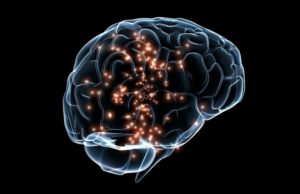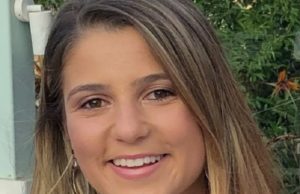Tag: rTMS
Case report details “promising” first use of bilateral cerebellar rTMS to...
In a new case report, researchers at University of California Los Angeles (UCLA) Health have described “promising results” using repetitive transcranial magnetic stimulation (rTMS)...
Bilateral cerebellar rTMS represents “promising” treatment option for post-stroke dysphagia
Administering 10Hz cerebellar repetitive transcranial magnetic stimulation (rTMS) offers a “promising”, non-invasive treatment option in patients experiencing dysphagia following a subacute infratentorial stroke, as...
Feinstein Institutes awarded US$3.4 million to study rTMS therapy in schizophrenia
Researchers at the Feinstein Institutes for Medical Research (Manhasset, USA) have received a US$3.4 million grant from Wellcome to study repetitive transcranial magnetic stimulation (rTMS) and its effects—potentially opening...
European Society for Brain Stimulation “strongly opposes” reclassification of non-invasive devices
The European Society for Brain Stimulation (ESBS) has said it “strongly opposes” the European Union’s (EU) recent decision to reclassify non-invasive brain stimulation (NIBS)...
Multiple daily doses of iTBS provide no additional benefit in treatment-resistant...
In patients with treatment-resistant depression (TRD), multiple sessions of intermittent theta-burst stimulation (iTBS) do not accelerate responses to the therapy, nor do they improve...
Intermittent theta-burst stimulation found to be effective and well-tolerated in Alzheimer’s...
The findings of a randomised controlled trial (RCT) have indicated that accelerated intermittent theta-burst stimulation (iTBS), administered to the left dorsolateral prefrontal cortex (DLPFC), is an...
Novel neuromodulation technique could be “gamechanger” in treatment-resistant depression
Stanford accelerated intelligent neuromodulation therapy (SAINT)—a novel, high-dose intermittent theta-burst stimulation (iTBS)—was found to be safe and more effective than sham stimulation in a...
rTMS found to be “well-accepted” for therapeutic use in psychiatric populations
Psychiatric populations perceive the therapeutic use of repetitive transcranial magnetic stimulation (rTMS) for mental health conditions to be beneficial, safe, and no more dangerous...
First large, placebo-controlled double-blind stody of rTMS for Alzheimer’s receives funding
Funding for clinical trials of a new treatment for Alzheimer’s disease has been announced by the Weston Brain Institute, Toronto, Canada. Zahra Moussavi, Canada...









